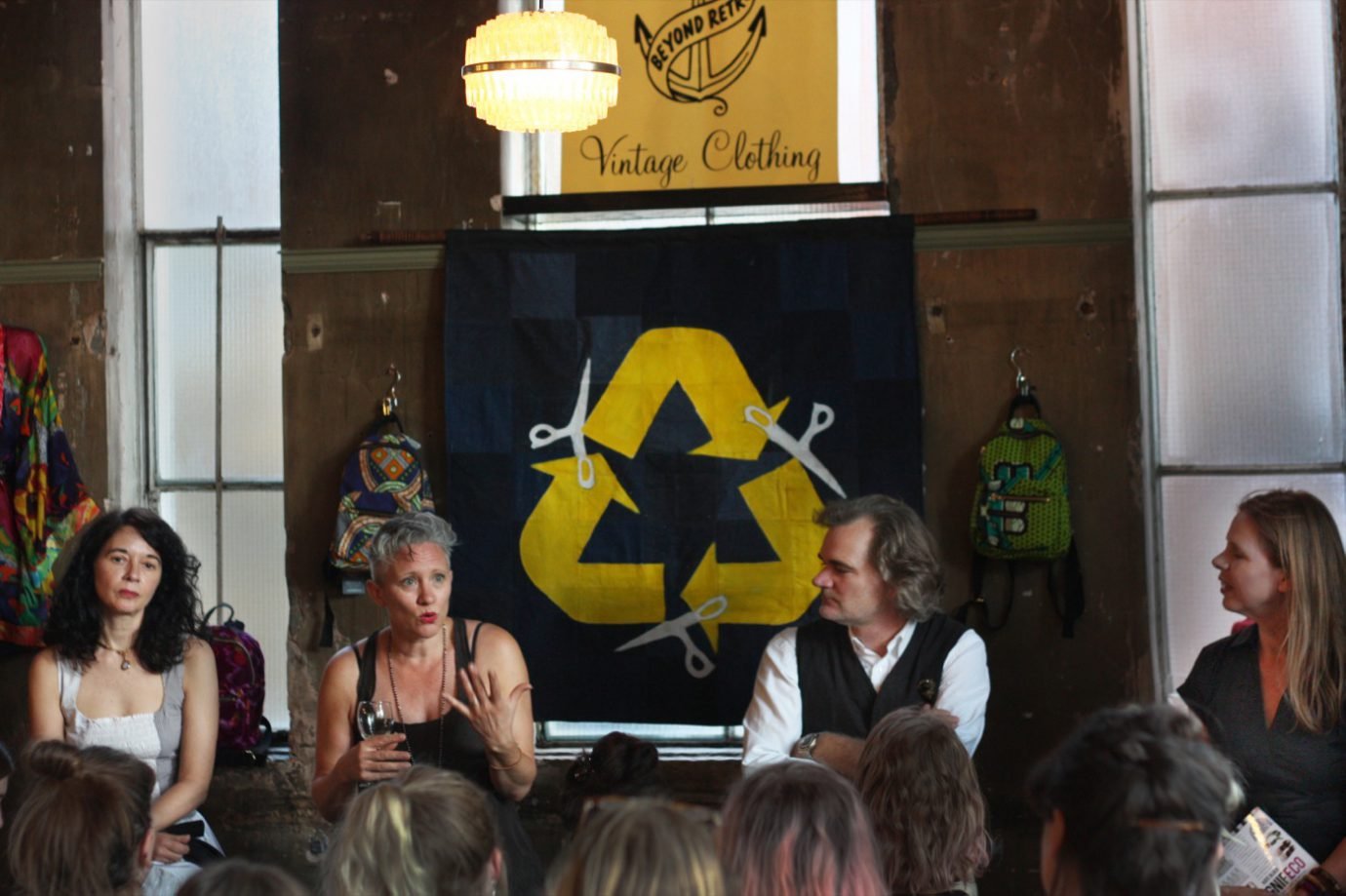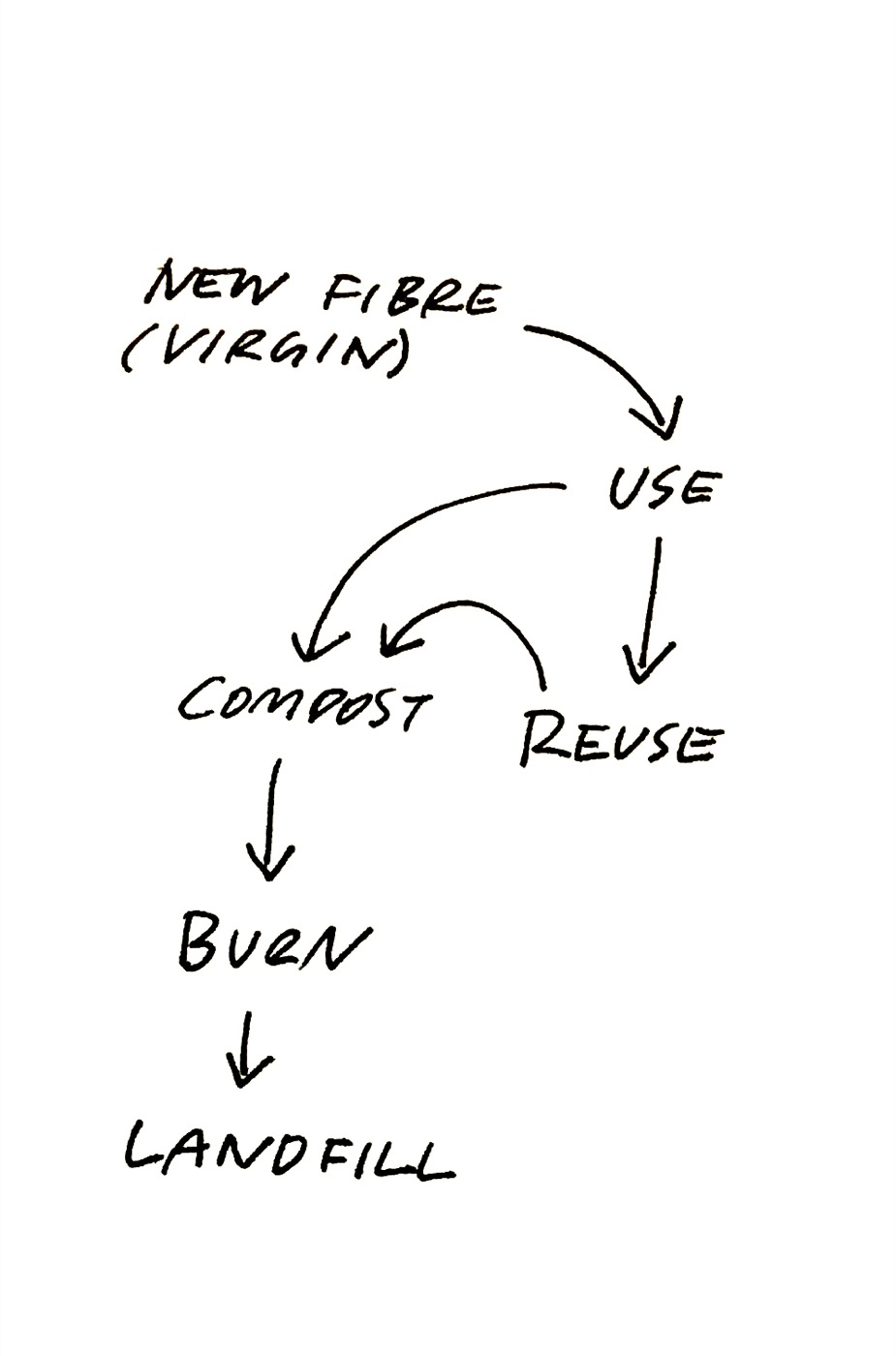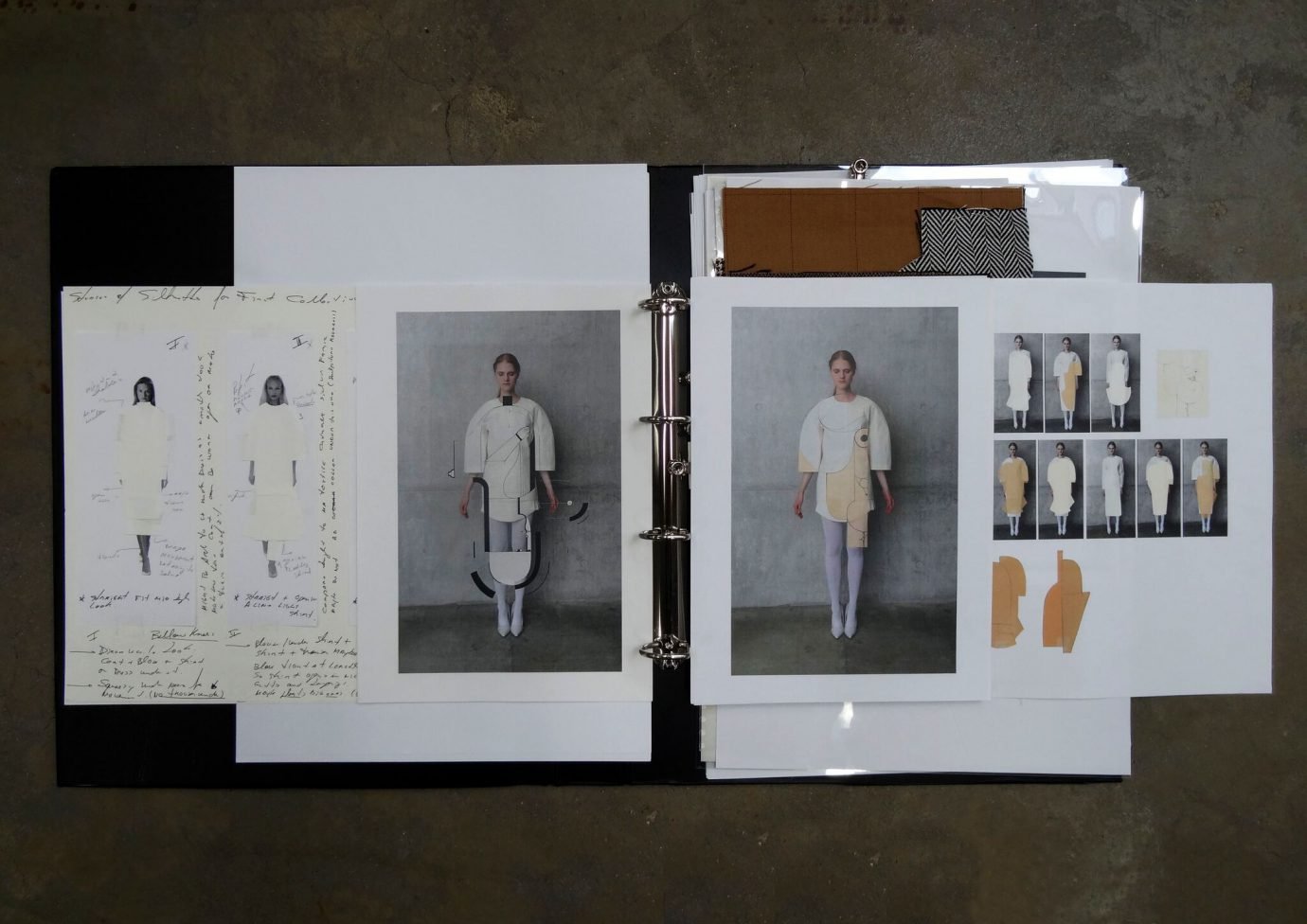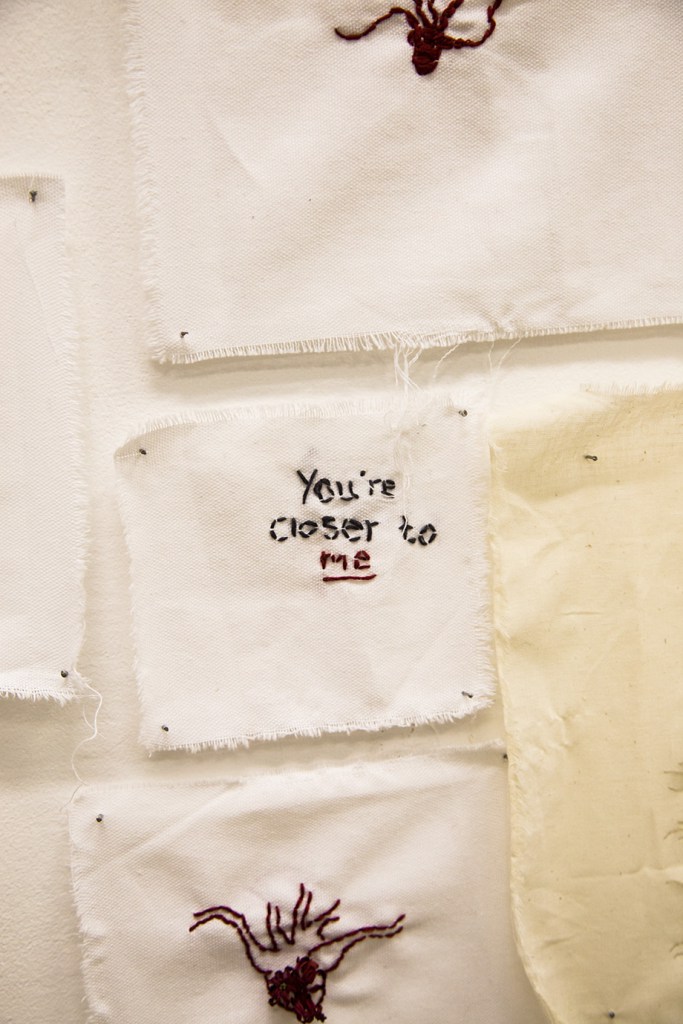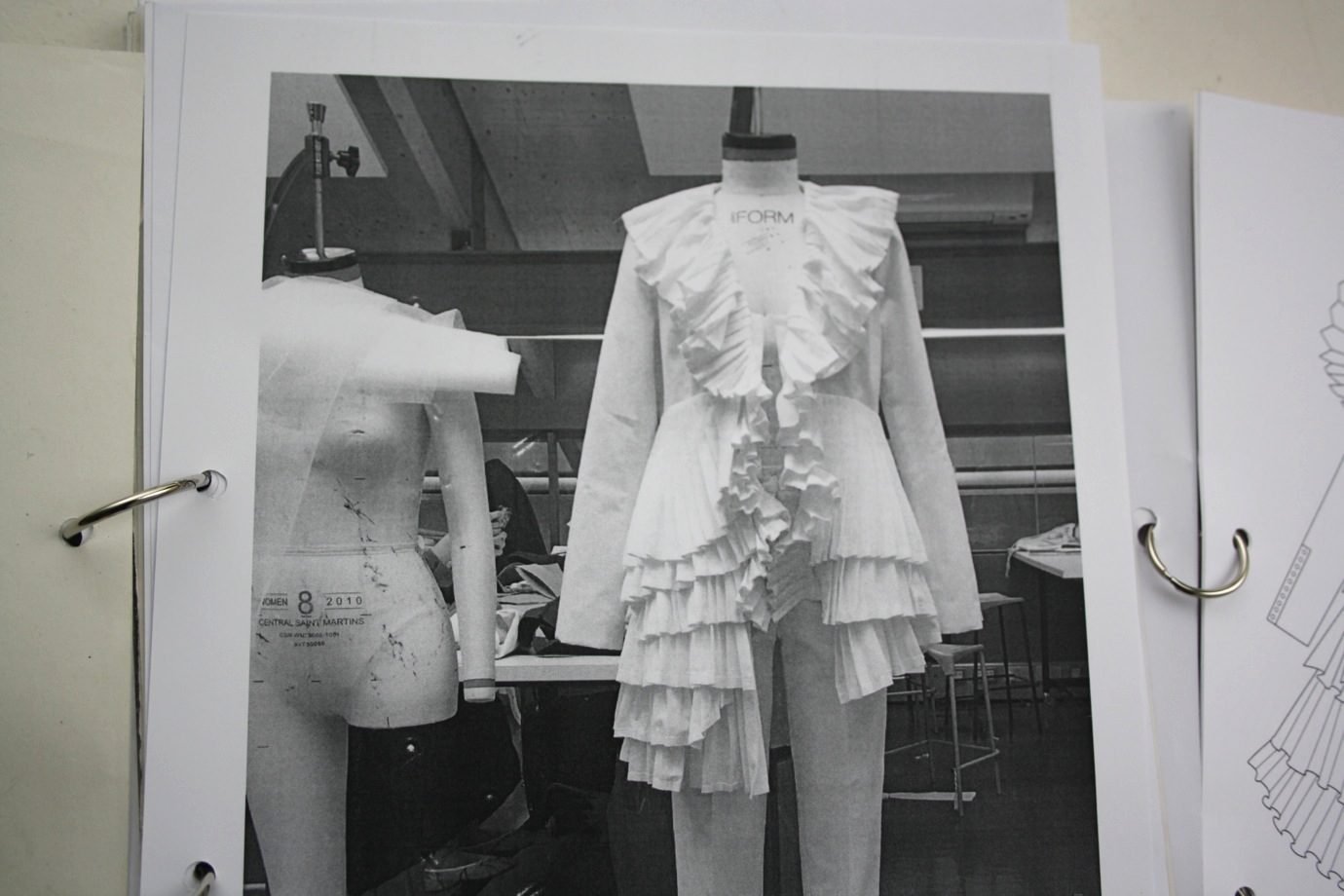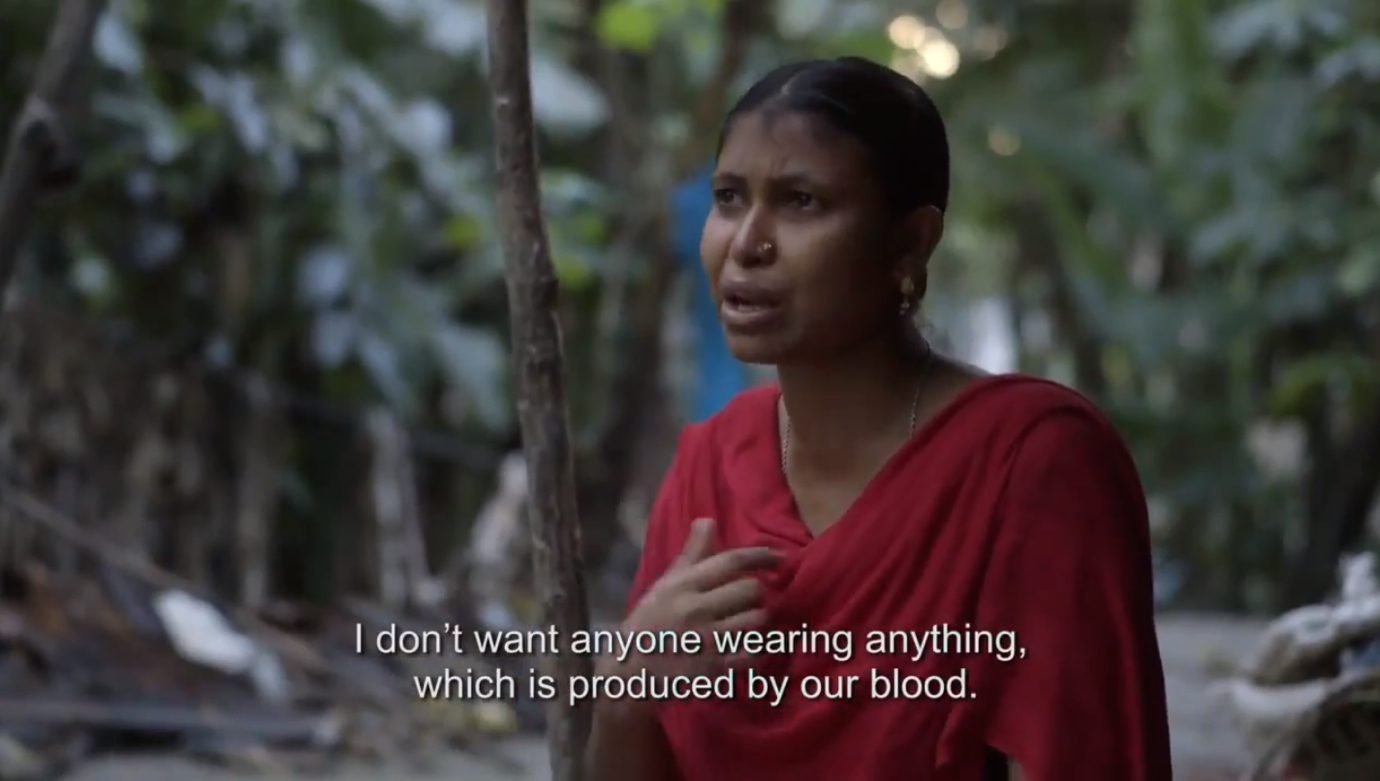Crisis of Stuff leads by example here: we need to take this problem out of books and circles of professionals who dedicate their lives to sustainability. What’s vital is to create events where the industry, designers and citizens can come together to learn about the challenges at hand, share ideas and take action. Some of the questions that were thrown into the room by Kate Black to be discussed were: How do we deal with this? How do we raise awareness about what’s wrong with the industry? If pushing against big corporations like Inditex and H&M is too hard, how can we start working with them? Can we offer alternatives and make them popular, so that they could just sweep over the big corporations in the future? We took note of the four most relevant talking points, which we think are vital to anyone involved in fashion in 2016.
1. The crisis of a cultural situation
“SHOPLIFTING USED TO BE A HOBBY, NOW SHOPPING IS.” – ORSOLA DE CASTRO
The late capitalist mindset of buy buy buy is slowly wearing out, and what’s truly at the heart of the crisis of stuff is fast fashion: cheap garments that are made to fail after a short period of time. Recently, Orsola did a project with 13-16 year old girls from a housing estate in North London, where they discussed the current oversaturation of clothes in the industry, and proceeded to visit second hand stores with the girls, most of whom had never set foot into a shop of this kind. This, however, is not because they consciously made the decision to frequent Forever 21 instead of thrifty places like Beyond Retro, but because our culture feeds us the idea there is no other option.
Orsola’s concerns here are: where do we want to bring our future generations to shop and how? How do we engage with the full spectrum of our population? How do we put this seed of thought about sustainability into the heads of every sector of our population to make them reconsider their choices?
“This cultural perception of shopping however is reversible, and it is reversible for the very fact it’s cultural.”
2. Brands will not stop us from consuming, but we can impose economic loops
High street giants are not going to try and stop us from consuming, that’s one thing we can be certain about. But what if they could get raw material (cotton, polyester, nylon) cheaper, with less energy and a smaller carbon footprint through recycling? Rather than buying cotton and making a garment; having several people wear it; compost it; then burn and landfill it, everything could be regenerated. Chemistry is now advanced enough to be able to chemically recycle nearly every component of a garment, even to divide mixed fabrics: pulling out the nylon or polyester molecules and regenerating fibres.
CURRENT MODEL

